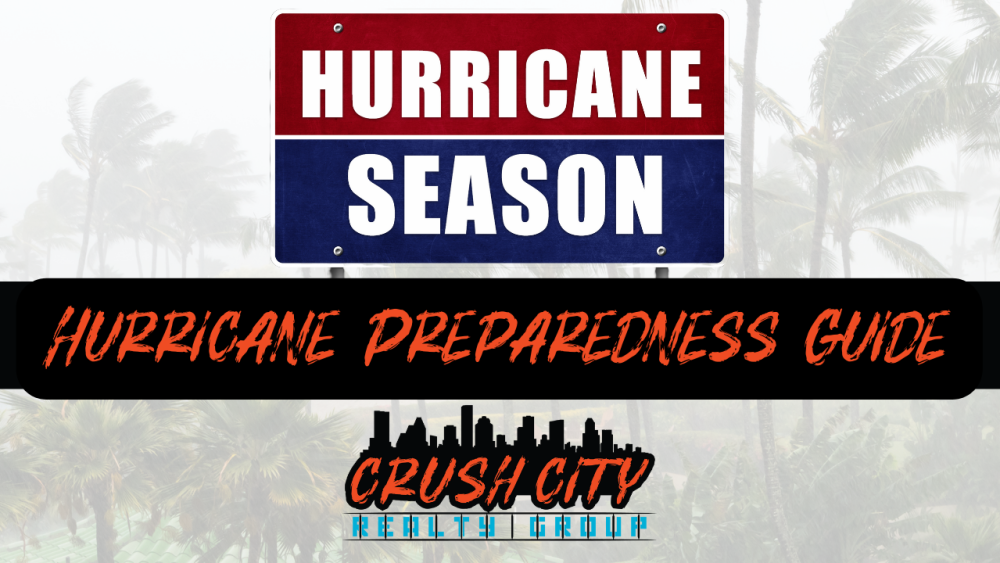Hurricane preparedness is essential for anyone living in areas prone to tropical storms and hurricanes. Below is a comprehensive list of hurricane preparedness tips to help you stay safe and minimize potential damage:
- Create a Family Emergency Plan:
- Designate a meeting place in case you get separated.
- Establish an out-of-town contact person.
- Plan for pets and their safety.
- Know the Evacuation Routes:
- Familiarize yourself with the local evacuation routes and follow official instructions when given the order to evacuate.
- Prepare an Emergency Kit:
- Non-perishable food and water for at least three days per person.
- Manual can opener.
- Battery-powered flashlight and extra batteries.
- First aid kit.
- Prescription medications and essential medical supplies.
- Personal hygiene items.
- Important documents in waterproof containers (e.g., passports, insurance policies).
- Cash (ATMs may not be available during power outages).
- Blankets and clothing appropriate for the weather.
- Cell phone with chargers and a portable power bank.
- Secure Your Home:
- Install storm shutters or board up windows and doors with plywood.
- Reinforce garage doors.
- Trim trees and secure outdoor furniture and objects that may become projectiles.
- Stay Informed:
- Monitor local news and weather updates from trusted sources.
- Listen to official instructions and alerts.
- Have a battery-powered NOAA weather radio for updates in case of power loss.
- Fuel and Transportation:
- Keep your vehicle’s gas tank full.
- If you have a generator, ensure it’s in good working condition and have enough fuel.
- Protect Important Data:
- Back up important files and documents on a secure, cloud-based platform.
- Communicate with Neighbors:
- Help each other with preparations and check on vulnerable neighbors, such as the elderly or disabled.
- Review Insurance Coverage:
- Make sure you have adequate insurance coverage for your property, including flood insurance if needed.
- Know Your Area’s Flood Risk:
- Determine if your property is in a flood-prone area and take appropriate precautions.
- Prevent Water Damage:
- Install sump pumps or take other measures to protect against flooding.
- Prepare for Power Outages:
- Have a backup power source (e.g., generator) and fuel.
- Unplug electronic devices to protect them from power surges.
- Gather Important Contacts:
- Keep a list of emergency contact numbers, including local authorities, utility companies, and insurance agents.
Remember, preparation is key to reducing the impact of a hurricane. Stay vigilant, follow official guidance, and prioritize safety for yourself, your family, and your community.

